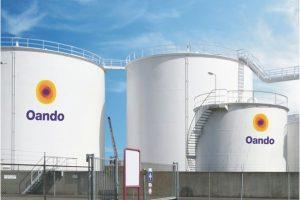
Recent statistics from the Central Bank of Nigeria (CBN) have revealed a significant drop in the country’s Letter of Credit (LC) payments, which decreased by 57% in the first seven months of 2024. According to the CBN’s weekly International Payments Data, LC payments fell from $912.35 million in the same period in 2023 to $391.91 million this year, marking a reduction of approximately $520.44 million.
A Letter of Credit is a crucial payment method in international trade, providing a written guarantee from a bank (issuing bank) to an exporter that payment will be made within a specified time frame, provided that the required documentation is submitted.
The analysis of the CBN data indicates that the highest LC payments in 2024 were recorded in February at $102.59 million, followed by $79.65 million in July, and $58.33 million in January. In contrast, March saw a significant drop in LC payments to $43.53 million, compared to $269 million in the same month in 2023. The payments slightly increased to $54.02 million in April before dropping to $21.48 million in May, and then rising again to $32.26 million in June.
This decline in LC payments coincides with the CBN’s efforts to stabilize the foreign exchange market. In its bid to reduce market volatility, the CBN sold approximately $122.67 million to 46 authorized dealers. Of this amount, $67.5 million was sold to 27 dealers on July 10, 2024, with bid prices ranging between ₦1,480.0/US$ and ₦1,500.0/US$. The payments were scheduled for settlement by July 12, 2024. Additionally, on July 11, 2024, the CBN sold $55.171 million to 19 authorized dealers at a rate of ₦1,540.0/US$, with payments due by July 15, 2024.
The sharp decline in LC payments highlights ongoing challenges in Nigeria’s international trade and foreign exchange markets, reflecting broader economic pressures facing the country.





